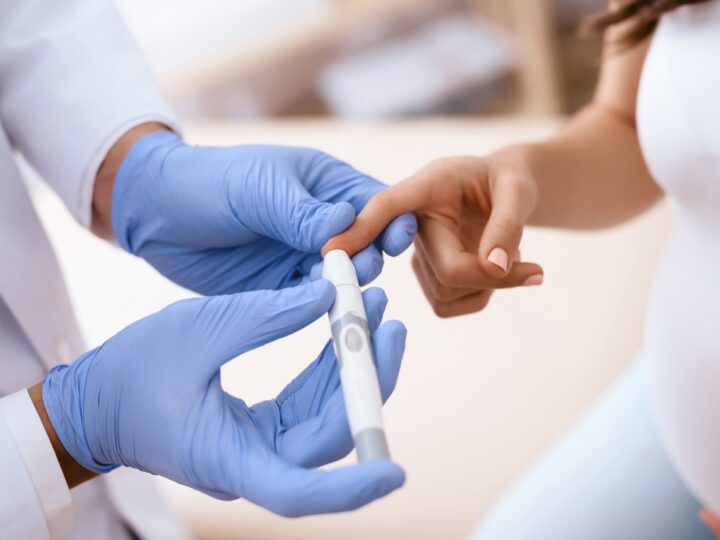Obesity and cardiovascular problems have already been linked to Americans who skip breakfast, but now the health of diabetics who start their day without ‘the most important meal’ may be at risk as well.
A new Israeli-Swedish study reveals the substantial impact of skipping breakfast on type-2 diabetics. “Fasting” until noon triggers major blood sugar spikes (postprandial hyperglycemia) and impairs the insulin responses of type-2 diabetics throughout the rest of the day, researchers say.
“Despite the fact that many studies have previously demonstrated the benefits of a high-caloric breakfast for weight loss and to regulate the glucose metabolism, very little was known regarding the effect of skipping breakfast on glycemic spikes after meals throughout the entire day,” said Tel Aviv University’s Prof. Daniela Jakubowicz, a co-author of the study.
“It is quite remarkable that, for type-2 diabetic individuals, the omission of breakfast is associated with a significant increase in all-day blood sugar spikes and of HbA1C, which represents average blood glucose levels over the preceding three months.”
For the more than 382 million people with diabetes, blood sugar surges can be life threatening, leading to cardiovascular complications.
The study was conducted by TAU’s Jakubowicz and Prof. Julio Wainstein of the Wolfson Medical Center’s Diabetes Unit, Prof. Oren Froy of the Hebrew University of Jerusalem, and Prof. Bo Ahrén of Lund University in Sweden. It was recently published in Diabetes Care and presented at the American Diabetes Association meeting in Boston in June 2015.
The clinical study was conducted on 22 type-2 diabetics who averaged 56.9 years old, with a mean Body Mass Index of 28.2 kg/m2.
Over the course of two days, the participants consumed precisely the same number of calories and the same balanced meal — milk, tuna, bread, and a chocolate breakfast bar — for lunch and dinner. The only difference was that one day they ate breakfast and the second day they fasted until lunch.

“We theorized that the omission of breakfast would not be healthy, but it was surprising to see such a high degree of deterioration of glucose metabolism only because the participants did not eat breakfast,” said Jakubowicz.
The researchers found that participants experienced extraordinary glucose peaks of 268 mg/dl after lunch and 298 mg/dl after dinner on days they skipped breakfast, versus only 192 mg/dl, and 215 mg/dl after eating an identical lunch and dinner on days they ate breakfast.
“In light of our study, we highly recommend that type-2 diabetics not skip breakfast, because it causes major damage to the beta cell function and leads to high sugar levels, even if they don’t overeat at lunch and dinner,” said Jakubowicz.
In an earlier study the researchers noted that a high-calorie breakfast could suppress dangerous blood sugar spikes throughout the day.
The researchers are planning to conduct a similar study on type-1 diabetics, who require daily insulin treatment.
















